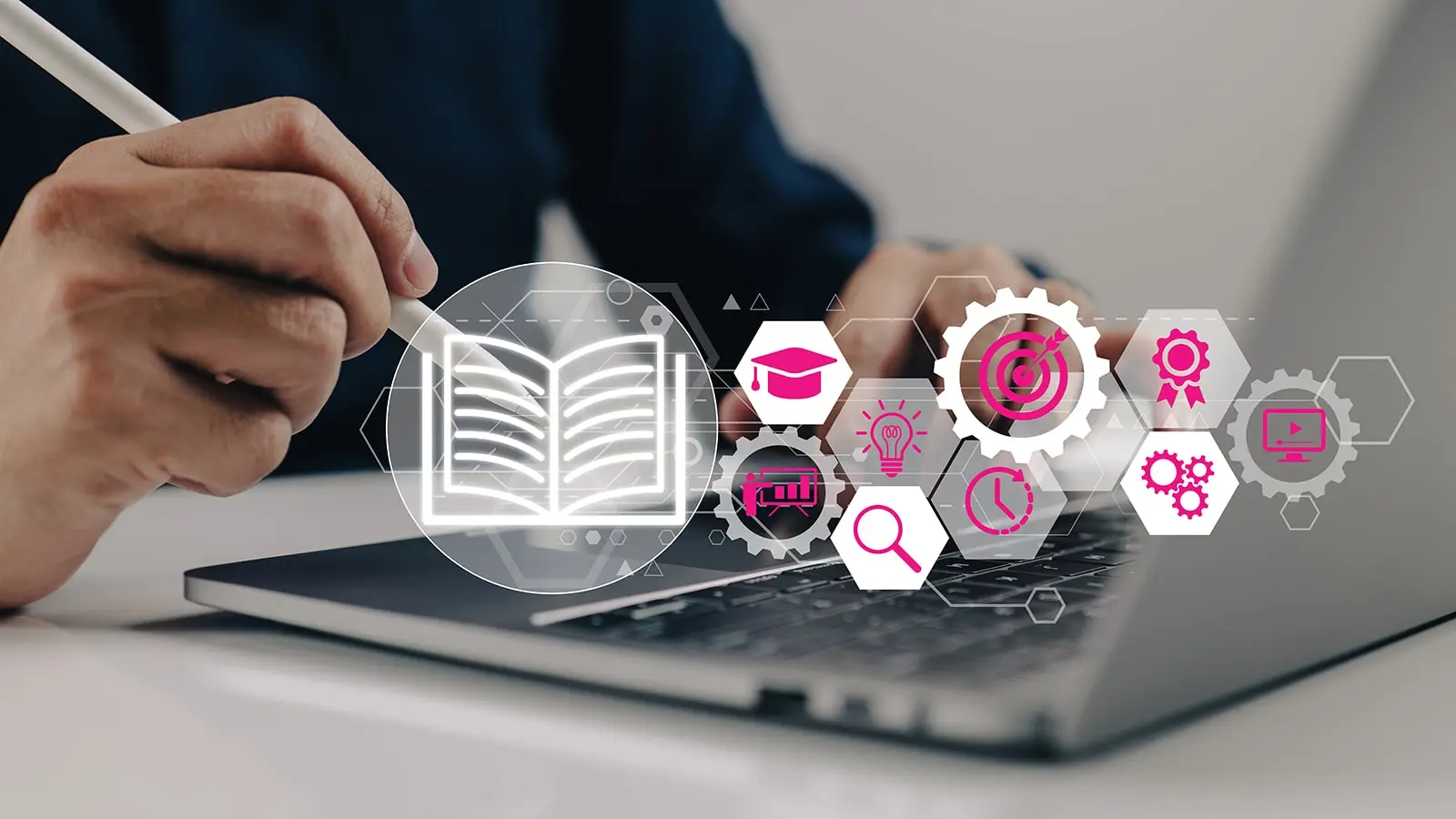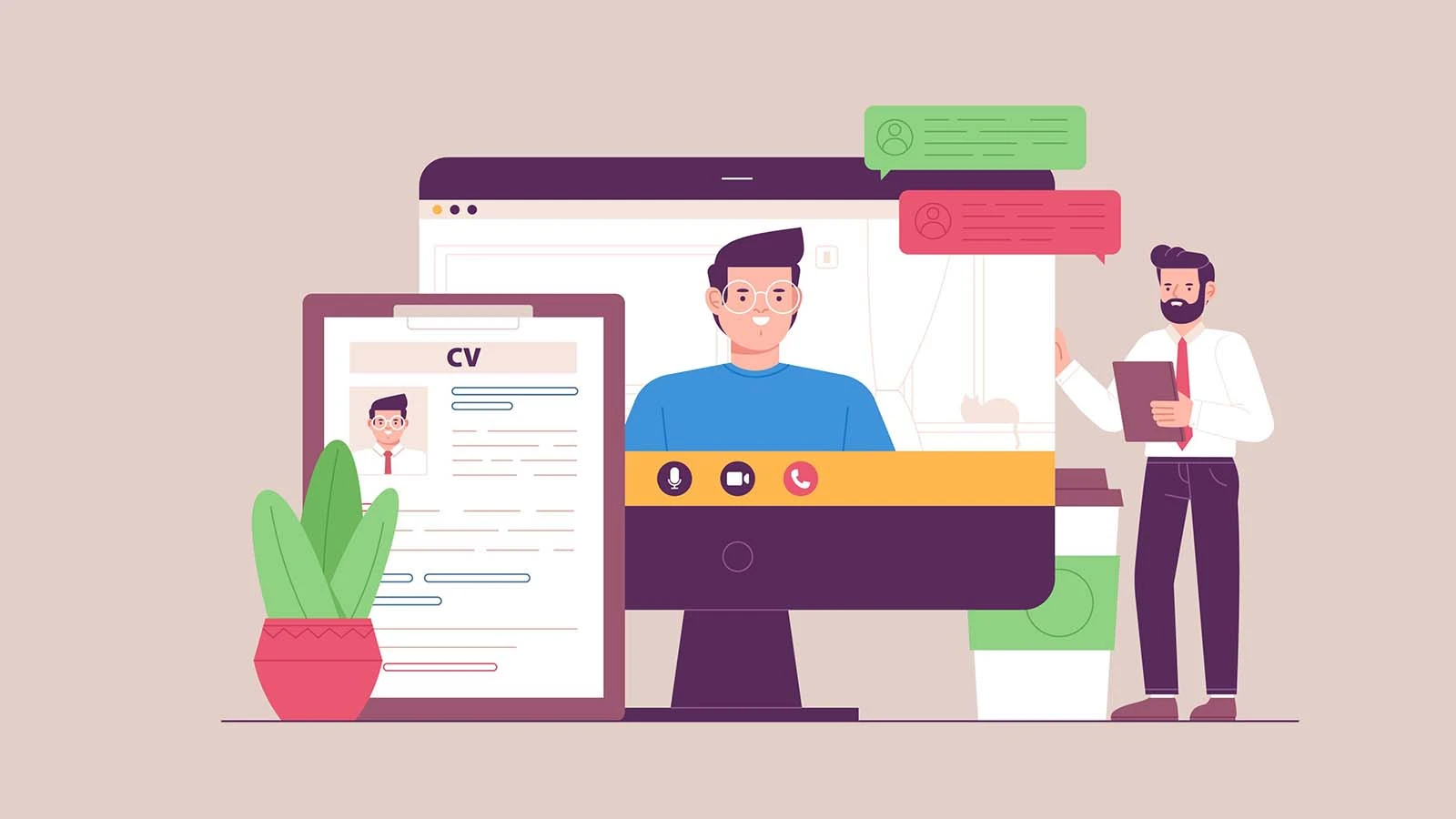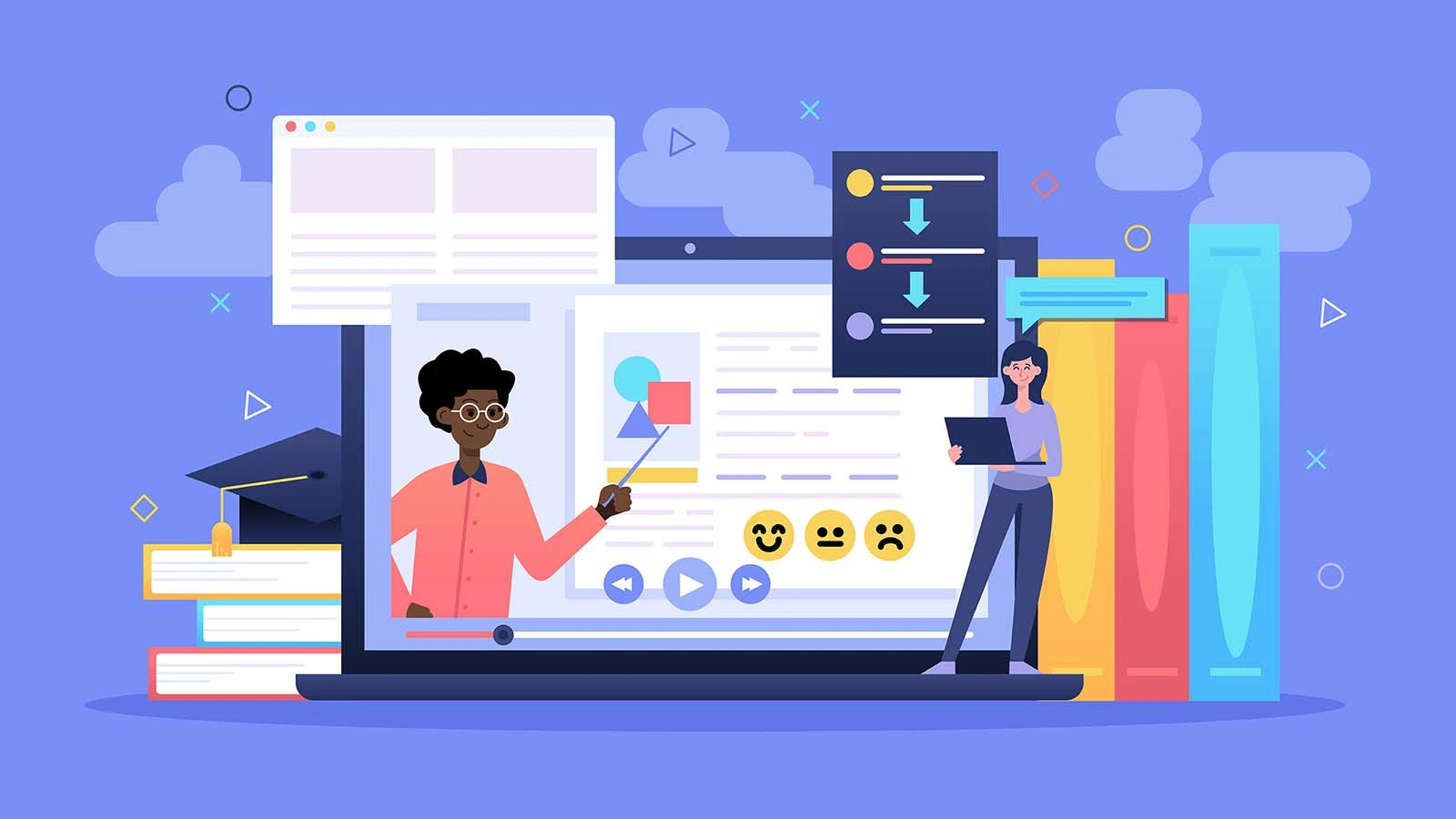7 Core Features of a Learning Management System
Rohit Kumar
30 Aug, 2023

In today's digital age, many organizations are recognizing the benefits of e-learning. They are investing in robust Learning Management Systems (LMS). The LMS market has seen a nearly seven-fold increase in less than a decade, with various platforms offering various features.
However, the abundance of features can make it challenging for organizations to identify the most relevant ones to their workforce. Therefore, selecting a service with features that align with your business goals and workforce requirements is crucial when considering a new LMS or upgrading an existing one.
Here are seven critical LMS features that can enhance the learning experience for your team:
Personalized Learning Path
One of the substantial advantages of e-learning over traditional classroom training is the ability to customize the learning path to meet individual interests and pace. This feature should be standard in all LMS, whether used for corporate training or university education. Learners should be able to find self-paced courses based on their learning history and work area.
For example, if you're in a finance role, the LMS should offer more finance-related training, which you can complete at your own pace. Additionally, learners should be flexible in choosing the modules they want to study, making the learning process more engaging and leading to better learning outcomes.
Compliance and Certification Tracking
For many businesses, the primary reason for adopting an LMS is to comply with industry-specific laws. These laws often require organizations to train the workforce to a specific industry standard and keep track of the progress.
Such businesses should look for an LMS feature to deliver, capture, and record training completion certificates for thousands of employees in a centralized database. This feature will enable the organization to quickly produce proof of compliance during an audit. It will not only help organizations avoid violation fines but also save significant administrative costs associated with maintaining physical records of each training.
Monitoring and Evaluating Tools
Tools that assess and report are vital for keeping tabs on how learning is happening. An ideal Learning Management System (LMS) should support various tools, like quizzes, multiple-choice questions, or exam mechanisms. These tools help instructors measure how well learners understand the material, how engaged they are, and how much they remember while offering instant feedback.
Additionally, a reporting tool that provides valuable analytics about learner progress, course popularity, engagement levels, completion rates, etc., is advantageous. These critical performance metrics allow you to oversee employee training at individual and company-wide levels and make necessary adjustments.
Compatibility With Mobile Devices
Today's learners appreciate the convenience of learning on different devices, including smartphones, tablets, and desktop computers. Therefore, choosing an LMS platform that provides an optimal user experience across these devices is crucial.
With mobile features like downloadable apps, learners can engage in training from anywhere, even while on the move. This feature is handy if your organization requires learning to occur outside work hours or between calls and visits.
User-Friendly Interface
A simple-to-use interface is a must-have for a good LMS. Ensuring your LMS aligns with your team's abilities, skill levels, and competencies is essential. Always prioritize the end-user experience when selecting an LMS platform and ask for a demo before purchasing. An interface that's easy to navigate leads to an engaging user experience.
Integration with Other Software
Another key feature is the ability of your LMS to integrate smoothly with third-party software. Since a single LMS may not have all the functionalities you need, these integrations can help extend the usefulness of your system. For example, suppose you need to conduct instructor-led training. Your LMS should be able to integrate with video conferencing tools.
Full-Service Support
The support you need will depend on how complex the system is and how familiar the end-users are with the system. Suppose your team is using an LMS for the first time. In that case, you'll likely need substantial onboarding support to implement the system effectively.
In such cases, working with a provider who can offer direct support whenever your team encounters difficulties is best. It's always a good idea to agree in advance on the type of license, operating hours, and response time for resolving problems.
In conclusion, these are some of the most critical features of any LMS. You can tailor them to suit your organization's specific needs and objectives. Preparing a checklist of all the essential features is always helpful before you start your search. This way, you'll be more likely to get the most out of your LMS and see a high return on your investment.
Do you want to bolster your employee development initiatives with an industry-leading LMS? Book your free demo of Core Competency LMS now.
Assessment of Behavioural Core Competencies
For example, students struggling with a particular concept could be provided with additional resources or assigned to a different module via the e-learning and learning management system.
Read Blog




